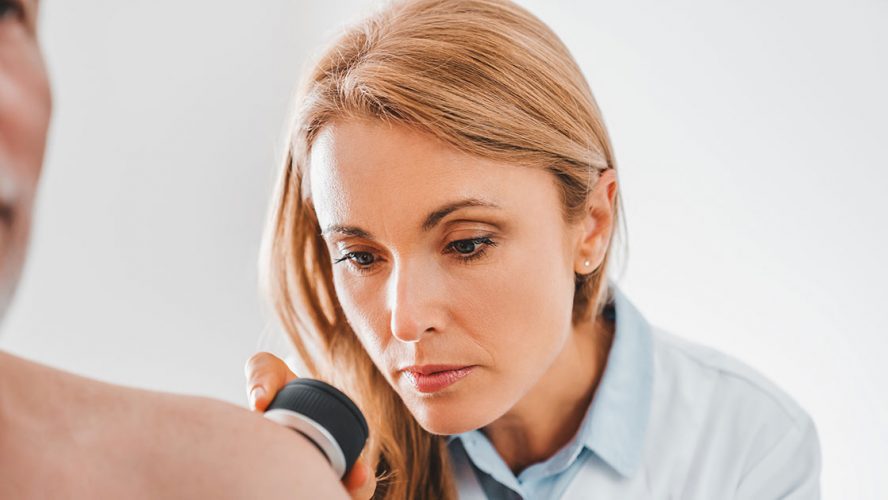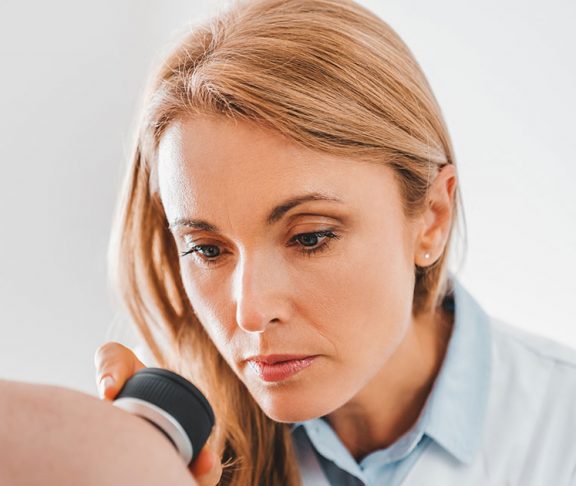Early detection is key for many cancers, so it is vital to stay current with your routine screening appointments.
Many people have delayed medical care during the pandemic. A recent Prevent Cancer Foundation survey found that more than half of Americans delayed routine screenings, including mammograms, Pap/HPV tests, skin checks, and colonoscopies, due to COVID-19. Delayed or missed diagnoses could result in more advanced cancers that may be harder to treat.
Cancer does not stop for a pandemic, so we must remain vigilant to protect our health. Although it is understandable to be cautious about potential exposure to COVID-19, the Prevent Cancer Foundation urges adults of screening age to get their routine cancer screenings back on the books.
Healthcare facilities have implemented safety procedures, including temperature checks, social distancing, enhanced cleaning, and mask-wearing, to keep patients safe and protected from COVID-19.
At-home screenings
For those who need to be screened for colorectal cancer, at-home screening tests offer an alternative to the colonoscopy. With a colonoscopy, your doctor can detect polyps, or growths, that can be monitored and removed before cancer develops.
If you are of screening age (between 45 and 75) and are apprehensive or unable to visit a healthcare facility, the guaiac-based fecal occult blood test (gFOBT), fecal immunochemical test (FIT), or FIT-DNA test are effective options. At-home tests must be done every 1-3 years (the colonoscopy is once every 10 years) and abnormal test results require a timely follow-up colonoscopy.
Ultimately, the best test is the one you get done. Schedule a time, whether it is in person or via telehealth, to talk to your healthcare provider about the screenings recommended for you based on your age, gender, race, family health history, and other risk factors. Then make — and keep — your appointments.

